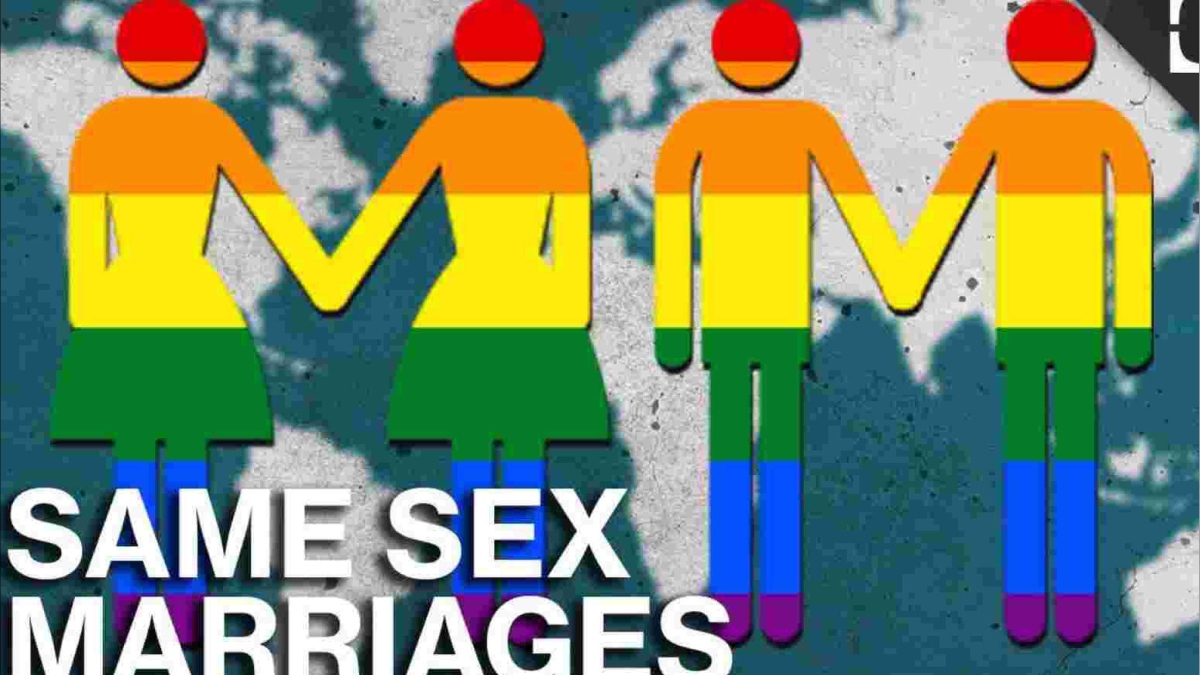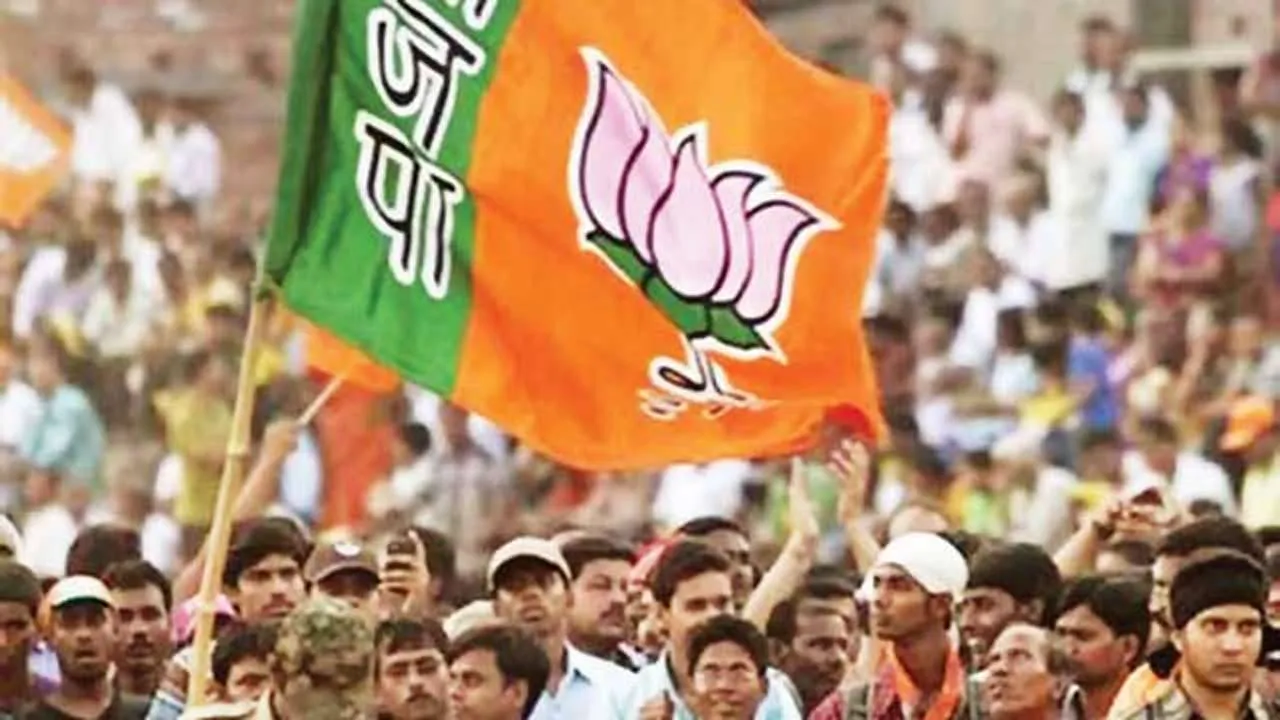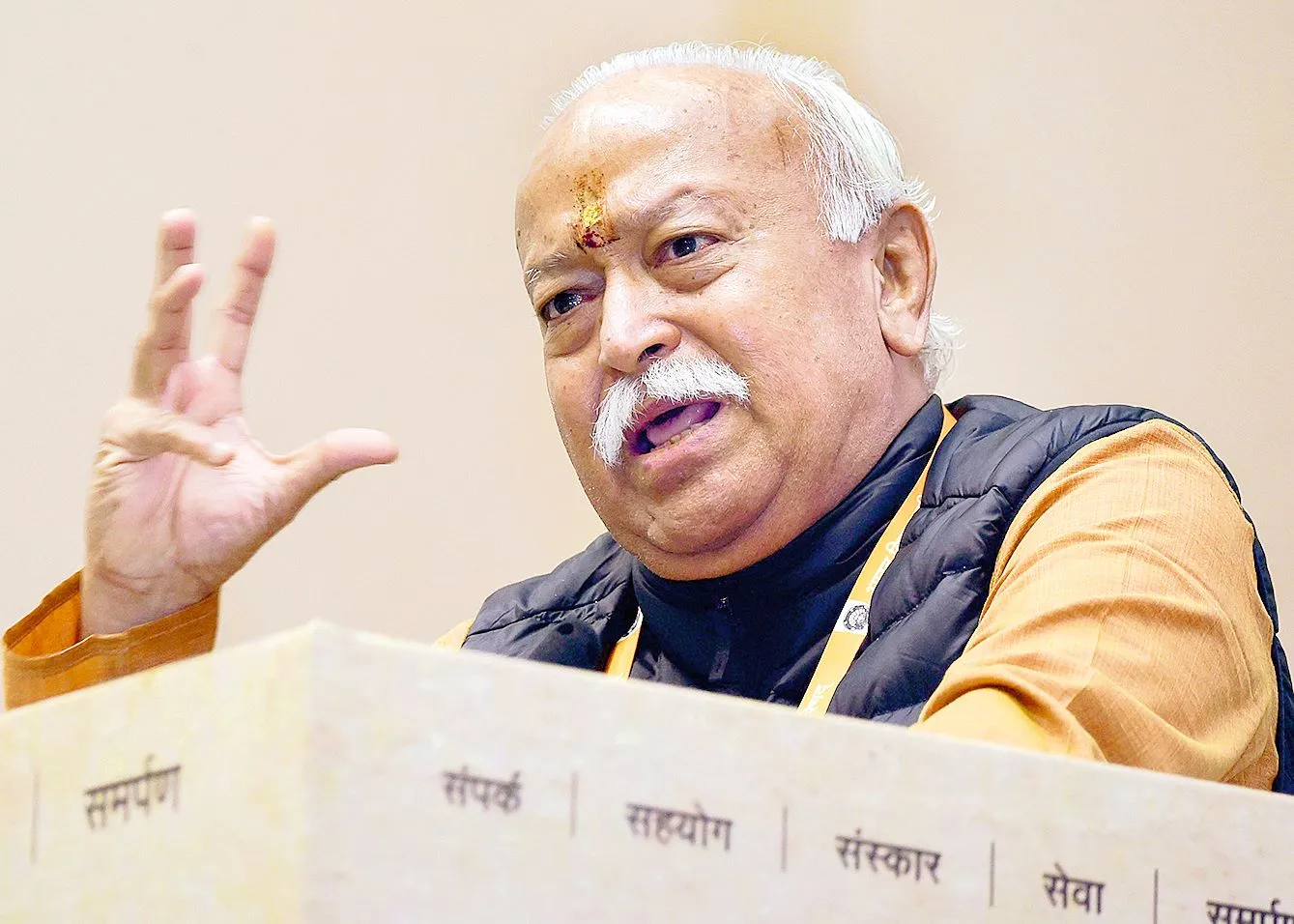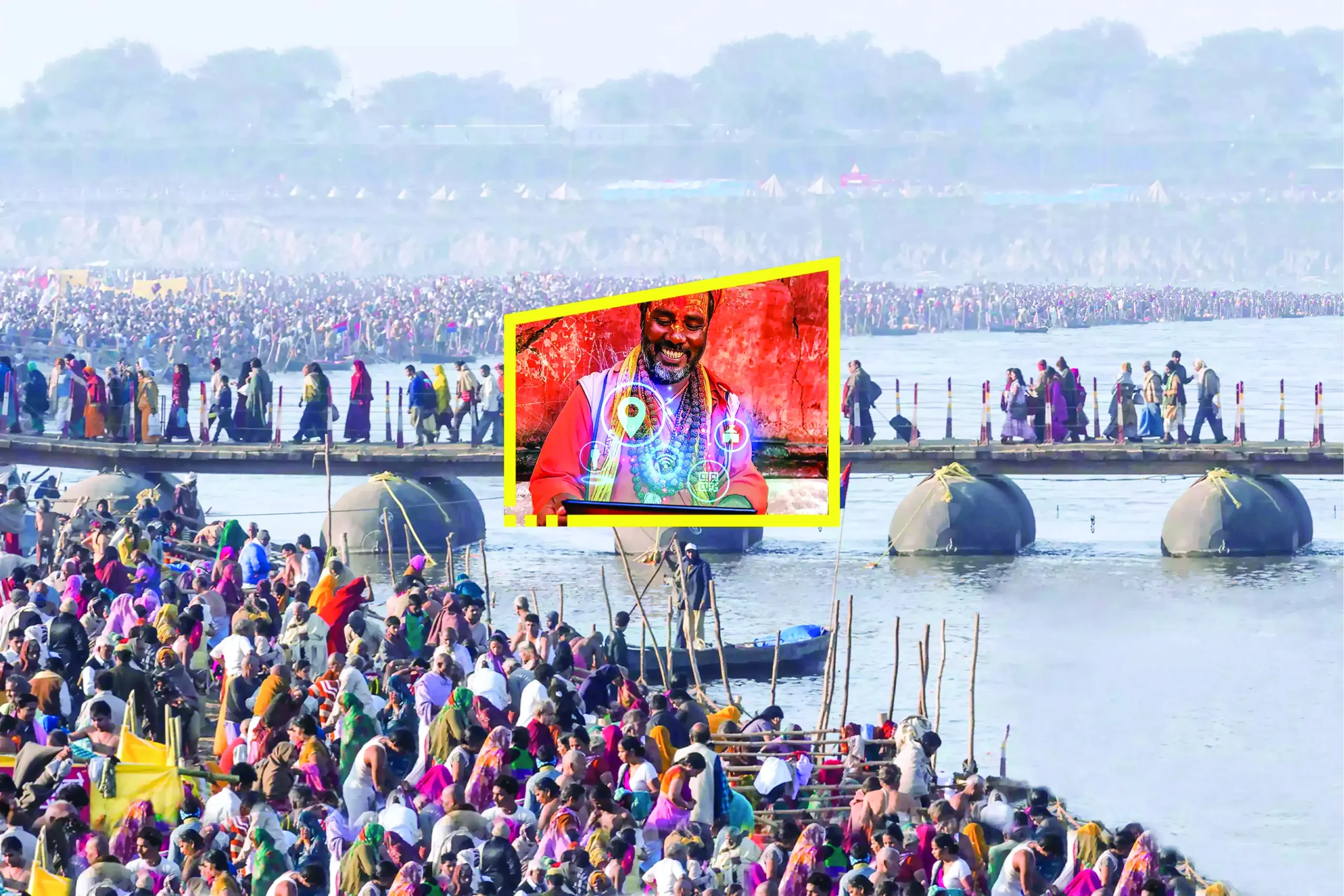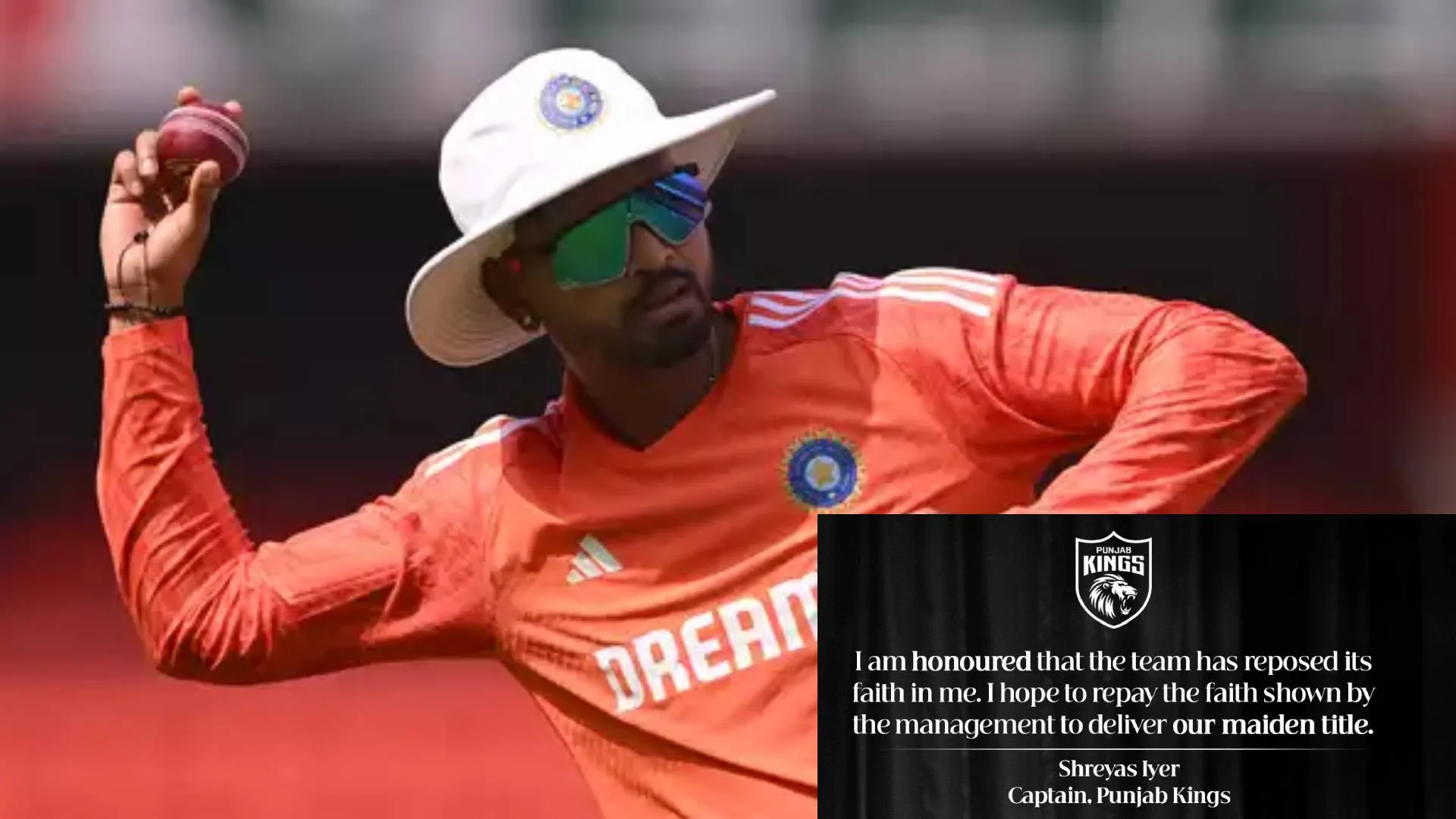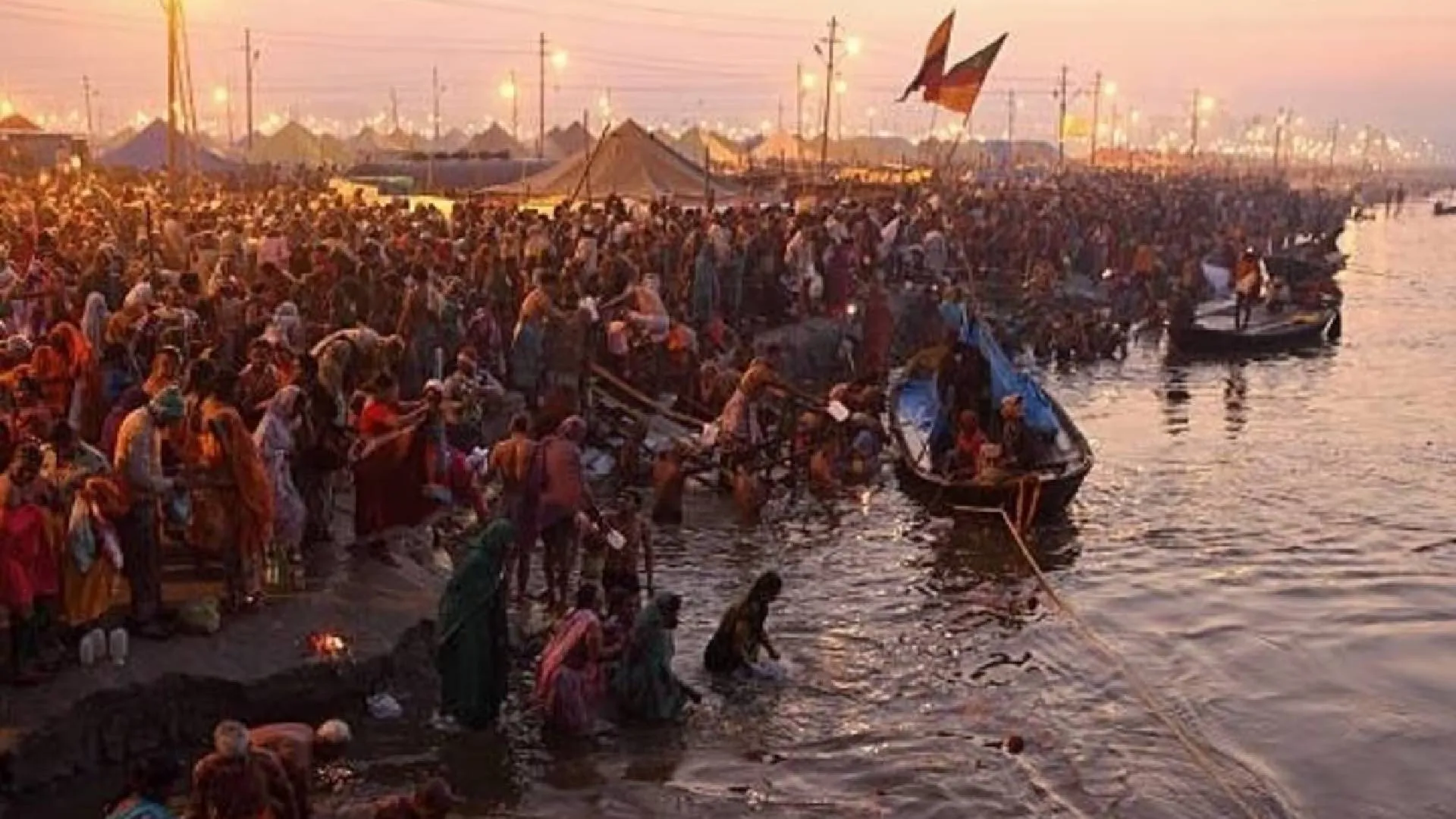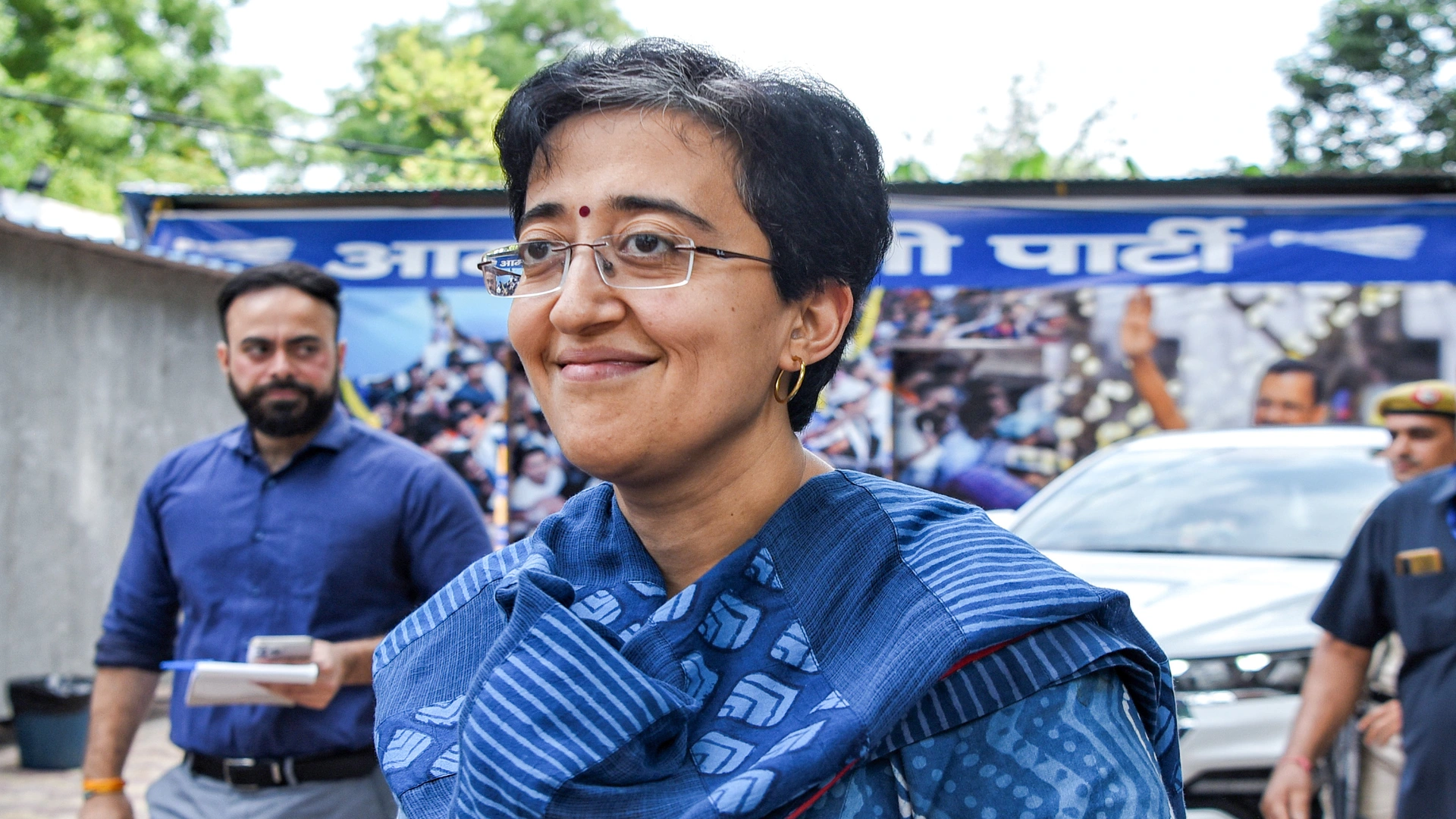A crucial conundrum ingrained in the Indian Constitution has come to the forefront due to the recent historic ruling in the case of Supriya Chakraborty v. Union of India (2023 INSC 920). The crux of this predicament pertains to the fundamental inquiry of the appropriate location for the epicenter of constitutional discourse. The ramifications of the ruling have wide-ranging effects, prompting significant inquiries into the societal groups most capable of fostering and preserving the fundamental aspects of constitutional discourse.
At its essence, this predicament compels us to contemplate the appropriate placement of constitutional discourse inside the societal stratum of the middle class. These demographic encounters daily challenges in safeguarding their means of subsistence and frequently adheres to conservative principles within the boundaries of their household affairs.
Alternatively, this discourse finds its place inside the marginalized elements of society, for whom even securing two meals a day remains a luxury beyond reach? Ultimately, does the urban elite possess a greater capacity for understanding and analyzing the factors that contribute to the overall well-being or harm of society? Determining the constitutional discourse’s locus is not solely a scholarly endeavour; it profoundly shapes the trajectory and ultimate fate of the Constitution.
Today the rights of the LGBTQ community with regard to same-sex marriage are the focus of the Supriya Chakraborty v. Union of India case. The esteemed Supreme Court has undertaken the laudable endeavor of resolving a complex and delicate issue pertaining to the rights of individuals and collectives. The issue at hand has predominantly remained unresolved in parliamentary discussions, partly due to the need for more representation for marginalized and underrepresented viewpoints. The absence of representation can be attributed to either the insufficient numerical presence of these voices within constituencies or the indifference exhibited by their elected representatives. The court assumes a crucial and morally significant function in granting a platform to individuals who would otherwise be deprived of the opportunity to express themselves.
In the present case, the court has demonstrated a genuine endeavor to acknowledge and uphold a comprehensive range of rights within the confines of its jurisdictional parameters. Justice Chandrachud deserves recognition for his dissenting viewpoint, which seeks to bestow a marital status upon the civil union of two individuals. Justice Chandrachud highlights the functional and operational dimensions of various provisions under the Indian Constitution, specifically Article 19(1), 21, and 15(1). This convincingly completes the realization of the freedom to establish unions and settle is hindered by the ongoing presence of “State and Non-State Violence” targeting persons based on their sexual orientation and gender identity.
Significantly, Justice Chandrachud admits the notion that marriage, being an institution acknowledged and regulated by the state, cannot be elevated to the level of a basic right. Moreover, the current legal structure lacks a definitive pathway for acknowledging the marital entitlements of those identifying with the queer community. In this context, the Special Marriage Act of 1954 has been highlighted as the pertinent legal mechanism for addressing these concerns. Justice Chandrachud highlights that the provisions of this legislation exhibit deficiencies in their wording, resulting in an indirect form of discrimination against the queer population.
Consistent with other legal judgements, Justice Chandrachud lays significant importance on the principles of individual liberty, dignity, and personal autonomy. Nevertheless, the individual acknowledges the significance of the principle of separation of powers enshrined in the Indian Constitution, which mandates that the formulation of laws and policies relevant to this issue should be carried out through parliamentary deliberations. In a thorough and comprehensive ruling, Justice Chandrachud has outlined a comprehensive plan for governmental measures aimed at protecting civil unions within the LGBTQ+ community. This entails raising awareness among the general population of LGBTQ rights and outlining the factors that should be taken into account when discussing the rights of the queer community, including matters such as shared financial accounts and government-issued identification cards. His endeavours might be concisely described as an attempt to grant civil unions a status similar to that of marriage, including the rights to adopt.
Justice Chandrachud’s approach can be characterized as the “rights from wrong approach,” a concept advocated by legal professor Allan Dershowitz. This concept is frequently used in the field of Comparative Constitutional Law, where it argues that every right is grounded in historical instances of injustice. Germany, for instance, has embraced a constitution that prioritizes fundamental rights and human rights, drawing from the insights gained during the Holocaust.
This historical era, characterised by its darkness serves as a poignant reminder of the imperative to establish a more enduring and secure societal structure that is firmly grounded in the fundamental ideals of human dignity. Justice Chandrachud emphasizes the historical marginalization experienced by the queer minority, attributing it to both the insensitivity of governmental and non-governmental entities. The approach employed aims to rectify historical injustices by offering a form of parity through establishing civil partnerships and the accompanying advantages.
In contrast, the prevailing viewpoint, as articulated by Justice Ravindra Bhat and supported by Justice Hima Kohli, adopts a more pragmatic position. The emphasize over the fundamental principle of the separation of powers, arguing that it is not legally or ethically advisable for the Court to create an institution that is equivalent to marriage. It is argued that the sheer existence of a right to a civil union does not place an inherent responsibility on the state to actively establish the socio-legal infrastructure required to enable the exercise of this right. This particular assignment falls under the jurisdiction of executive deliberation rather than within the court’s scope. Nevertheless, the prevailing viewpoint also concurs with the dissident perspective in acknowledging that the ‘Right to Marriage’ cannot be considered absolute and unbounded.
From a sociological perspective, the acceptability of the judgment is contingent upon the reaction of many stakeholders, with special emphasis on the queer community and the legal profession. The assessment of the ruling has elicited various responses, with a significant portion of those within the queer community expressing a sense of discouragement. Nevertheless, it is crucial to acknowledge that the jurisdiction of the court is subject to particular legal limitations, and the depiction of the court’s ruling by media and legal news outlets has a substantial impact on public perception. While several criticisms center on the court’s limited recognition of marital rights, it is imperative to acknowledge that the judiciary has demonstrated commendable performance within the confines of its legal jurisdiction. The sociological reception of the judgment will be influenced by these beliefs and is expected to have a significant impact on forthcoming legal and societal advancements.
Professor Jyotirmoy Banerjee is a distinguished academic affiliated with IIM – Rohtak and IIM – Ahmedabad, and he is the founder of Lex Assisto, a prominent law firm.

